“To travel is to discover that everyone is wrong about other countries.” – Aldous Huxley
For an American preparing for a trip to Cuba, there were no shortage of scenarios that ran through my head.
How would traveling through a communist, “off-limits” country be?
How would Cubans react when they found out that I was from the USA?
Would the entire country be one giant, militarized island guided under the iron fist of one of the 20th century’s most infamous dictators?
I spent 6 weeks traveling Cuba from end to end, but not even 6 days to disprove most of the stereotypes I had of the country. In place of big, scary communist soldiers I found some of the happiest & friendliest people I’ve ever met. Instead of trade embargo-induced poverty, I found a resilient, although humble equality across the board. In place of anti-American sentiment, I found welcoming hugs, exciting stories, and optimistic world views.
That being said, there were definitely some stereotypes that I had about Cuba that turned out to be true, but that’s for a different article. Here is my list of stereotypes of Cuba that were totally shattered:
Stereotype: Cuba is Dangerous
I almost can´t believe it when I say it, but it´s true – Cuba is one of the safest countries I´ve ever been to. At least I felt that way the entire time I was there.
But I’m not the only one. According to the United Nations Office on Drugs and Crime, Cuba is one of the safest countries in the western hemisphere, with only Canada & Chile having a lower homicide rate.
This is, no doubt, a result of the Cuba being a communist police state. Not only are Cubans scared of ruthless imprisonment for committing crimes, but also it’s just not in their blood to violently rob & steal with their socialist values. Also, Castro basically seized all of the guns from the general public when La Revolución took over, which effectively squashed crimes committed with firearms.
On a less official note, there are just so many people, of all ages & backgrounds in the street at all times, that I always felt “safe in numbers” & never alone & vulnerable. It’s hard to be scared walking down a street at 11pm when you are dodging groups of giggling little kids, and saludando a old ladies sitting in their rocking chairs in the middle of the sidewalk.
VERDICT: FALSE
Stereotype: Cubans Don’t Like Americans
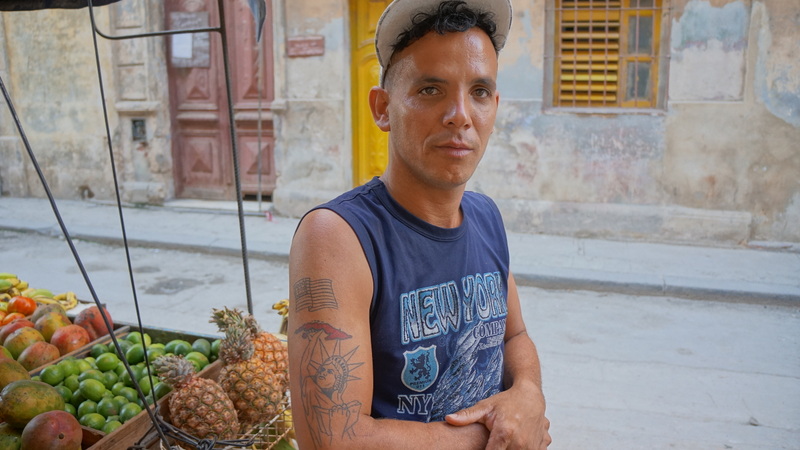
He has a tattoo of Statue of Liberty holding up Cuba – Tiene un tatuaje de La Estatua de La Libertad sosteniendo a Cuba.
This one is obvious, right?
I mean, our two countries haven’t had any formal relations for over 50 years. The USA is the country that has kept Cuba in the dark & isolated from the rest of the world. We have cut off Cuba from outside help & denied them access to basic products – OF COURSE Cubans hate Americans!
WRONG.
Cubans understand better than anyone that a government’s actions do no necessarily represent the ideas of a populace. I never once hid that I was from the United States, and every time I told someone where I was from, the conversation instantly shifted up a gear with a hug, handshake, or smile. Cubans have wanted our countries to be friends for years, are pleased to make your acquaintance, & are excited for the future. Not to mention, most of the Cubans you’ll meet have family in the US, and they always want to tell you about it.
VERDICT: FALSE
Stereotype: Cuba is a dull, communist country
Communism. The big, bad word of Cold War’s yesterday. It instantly stirs up negative connotations, & brings up images of a bleak society that stifles creativity & fun.
Cuban life is anything but dull.
Did you forget that Cuba is in the Caribbean? The architecture is vibrant & colorful. The people are loud & sensual. The days are steamy & tropical & the nights never ending.
Actually, music can be heard everywhere, at all hours. Don’t be surprised if you turn a corner and see a group of people dancing in the street like it was paved to be a dance floor. From the beaches, to the alley baseball, to the Malecón and the countless curbside dominoes games – Cubans are the masters of self entertainment.
Yes the Cuban government is communist, therefore controls the media, owns telecommunications companies, & other businesses such as restaurants, hotels, & resorts, but the island is far from the totalitarian, militarized state that many believe Cuba to be. People respect the law of the land, and I never once saw government/military officials ordering people around & stepping in to dictate normal, every-day life like I did in Vietnam.
VERDICT: FALSE
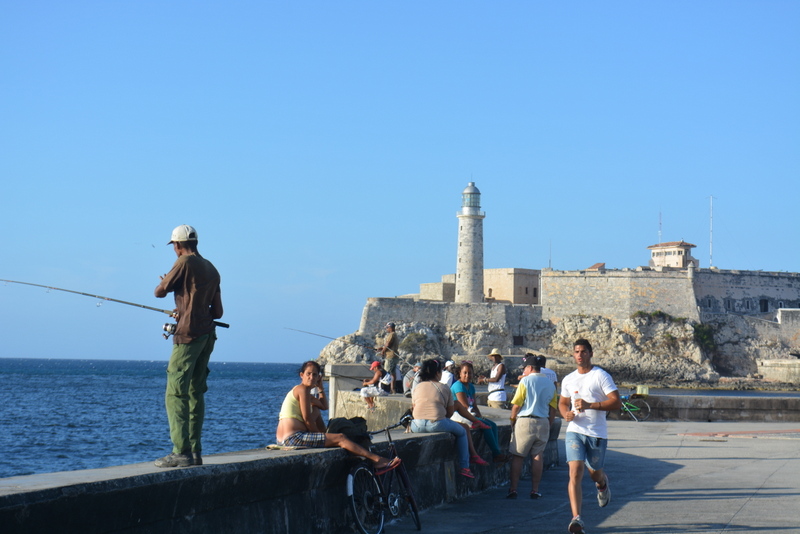
There is always something interesting happening at the Malecón in Havana – Siempre sucede algo interesante en El Malecón en La Habana
Stereotype: Fidel Castro is evil
Take your time to research Señor Castro and you may come to the same conclusion that I did – he’s not a bad guy. Sure the humans rights records under his dictatorship have been iffy at best, and there’s no denying the man is as stubborn as a mule, but you can’t really blame what he stood/stands for.
Before Fidel Castro, Cuba was run by US-backed & corrupt dictator Fulgencio Batista. The country was basically one-half American-controlled tobacco/sugarcane/coffee farm, one-half gambling, bootlegging, prostitution, money-laundering playground for the Mafia with no rules nor accountability.
Castro wanted true independence for his country, and after ousting Batista (who fled the country with $300 million), he nationalized all US banks & companies, and redistributed all the land & resources back to the Cuban people. He has survived army invasions, countless CIA assassination plots, and over 50 years of trade embargo. Cuba to this day remains a “David vs Goliath” example of defiance to US imperialism in Latin America.
Does that sound evil to you? Sounds pretty badass to me.
VERDICT: OPINION (But I say false)
Stereotype: Cubans are uneducated
First off, Cuba has a 99.8% literacy rate.
Secondly, one of the greatest things about Cuba’s socialist system, is that higher education is totally free. A Cuban can get their college degree, their master’s degree, and even become a doctor for completely free in Cuba.
It isn’t just the availability of education, which most Cubans do take advantage of, but the vivacity & eagerness to consumer information & learn about the rest of the world that characterize most Cubans.
At first, I was amazed by the random lady at the coffee shop’s knowledge of politics & history. Then I started to realize that it’s just normal for Cubans to be very educated, well-spoken & informed.
VERDICT: FALSE
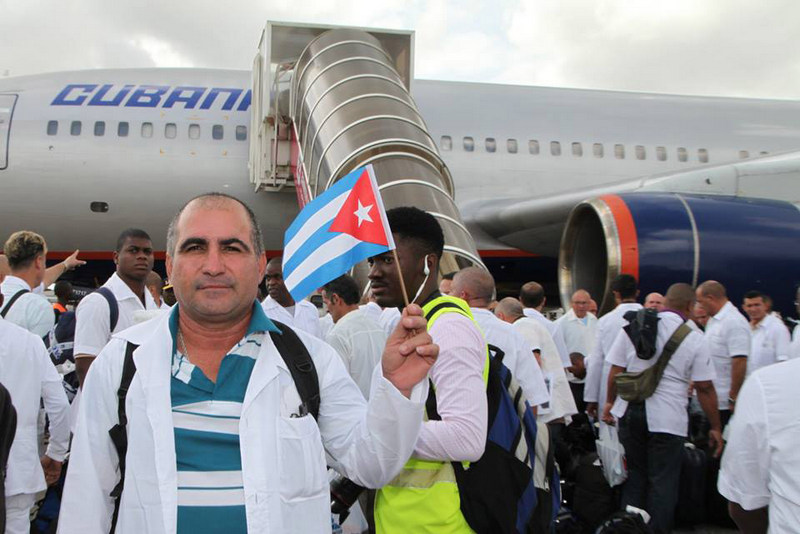
A group of 165 Cuban doctors went to Africa to combat Ebola – Un grupo de 165 doctores Cubanos fueron a Africa para combatir la Ebola
Stereotype: Cubans live in poverty
There is little to no extreme poverty in Cuba. This is something else that I realized actually works about Cuba’s socialismo. The redistribution by the government, the strong sense of community & family, and Cubans’ resilience & ingenuity to make things work, result in most everyone having enough. They certainly don’t have a lot, but enough to get by.
The filthy squalor & desolate poverty that I have seen in many countries, including the United States, I never saw in Cuba. I never once saw a homeless person. There are plenty of people asking for money, and people wearing tattered clothes & shoes, but they always seemed to have a place to lay their head at night. One Cuban guy told me, “Si ves alguna persona durmiendo en la calle, es porque escoje dormir alli” (If you see a person sleeping in the streets it’s because they choose to sleep there).
Extended Cuban families usually live in the same house, expand the house as the family grows, and have minimal utility expenses. Furthermore, the government provides a stipend to each household to help buy basic food products such as rice, eggs, & oil.
VERDICT: FALSE
Stereotype: Most Cubans sell drugs
Ever since Al Pacino played Tony Montana in the infamous Scarface, people have associated Cubans with drug dealers. I actually could´t tell you about Cubans selling drugs in Miami, but in Cuba there are hardly any drug dealers. Why not? Well, I´m no expert, but I´d be willing to bet it has something to do with the fact that there are virtually no drugs in Cuba.
Castro cracked down on all drugs when he took over in 1959. Extremely harsh penalties for drug trafficking continue today where you can serve some serious time for trying to slang. Also, drug traffickers from Latin America try to avoid Cuba as U.S. drug patrol ships & aircraft comb the waters south of Florida.
VERDICT: FALSE
Not What You Expected, Right?
So you can see, my time in Cuba was truly an eye-opener. It’s impossible to not have expectations & certain ideas built up in your mind about a particular country before you go there. Nearly every country has stereotypes, images, or a reputation that precedes it. But it only takes actually traveling to that country to realize that most of the negative preconceptions are partially or completely wrong.
There were definitely more shattered stereotypes than the average trip, but I also found some of the stereotypes that I had about Cuba to be true. Check out my next article for my thoughts on those.
Do yourself a favor and travel to Cuba! Cuban culture & life have so much to offer, and it is one of the most unique countries I’ve ever been to. But for now, please tell me about some of your stereotypes of Cuba in the comment section below. Did this article surprise you? How do you imagine the country of Cuba to be?
Check out my 1-3 week itineraries & 4-6 week itineraries for more information on what to do in Cuba!

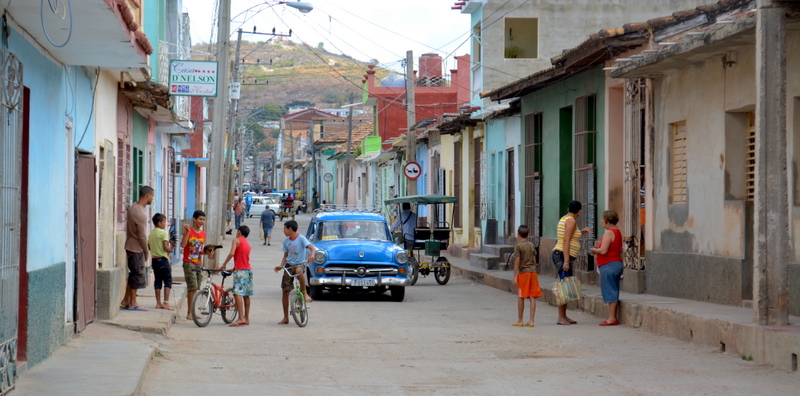
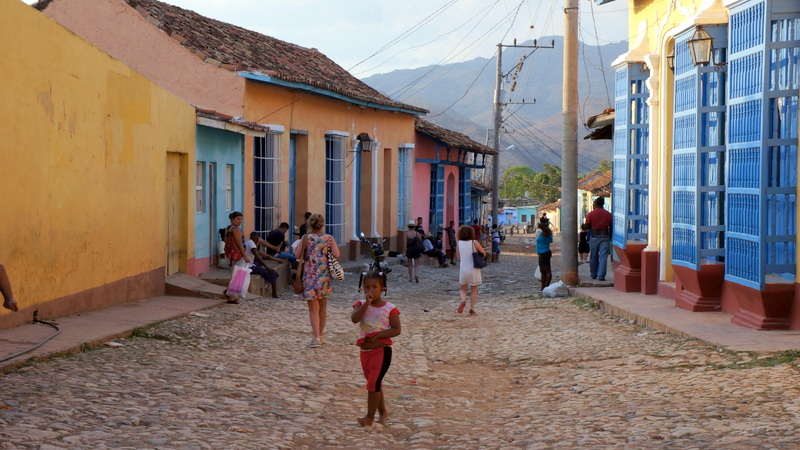
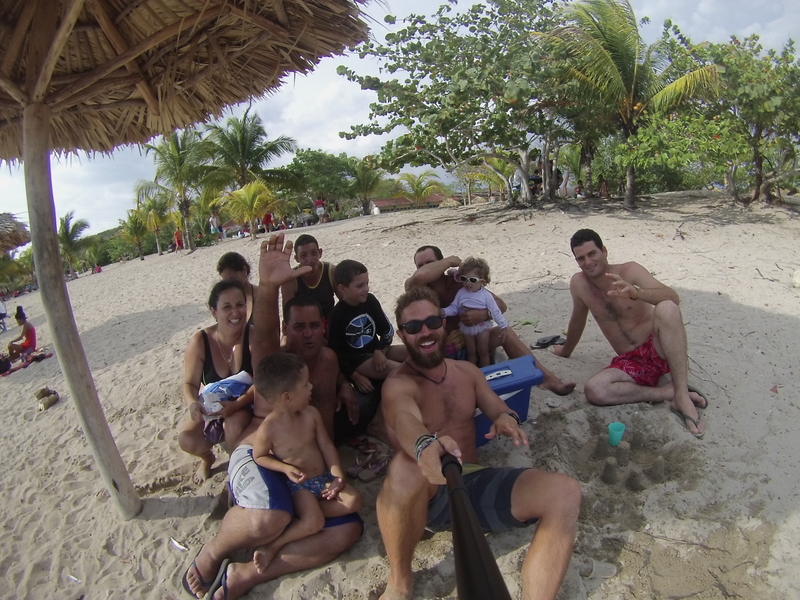
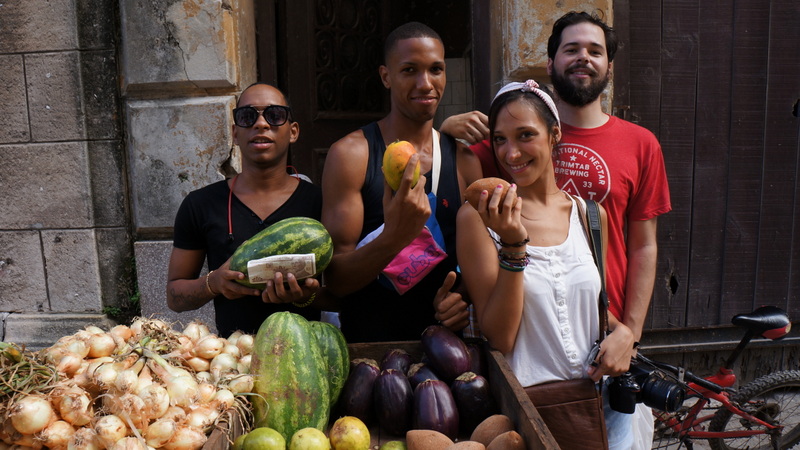
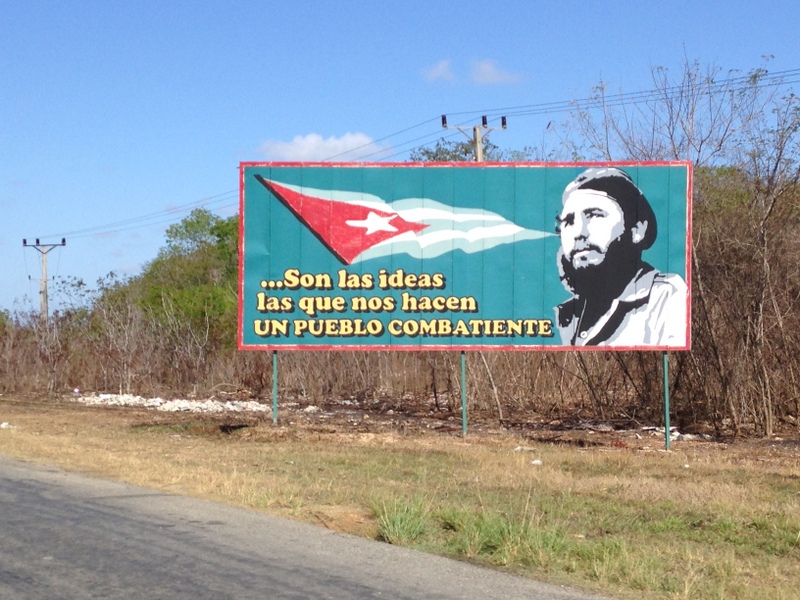
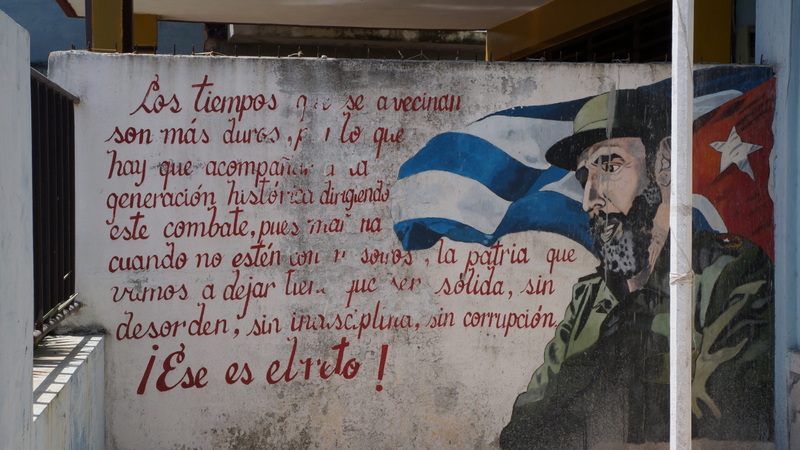
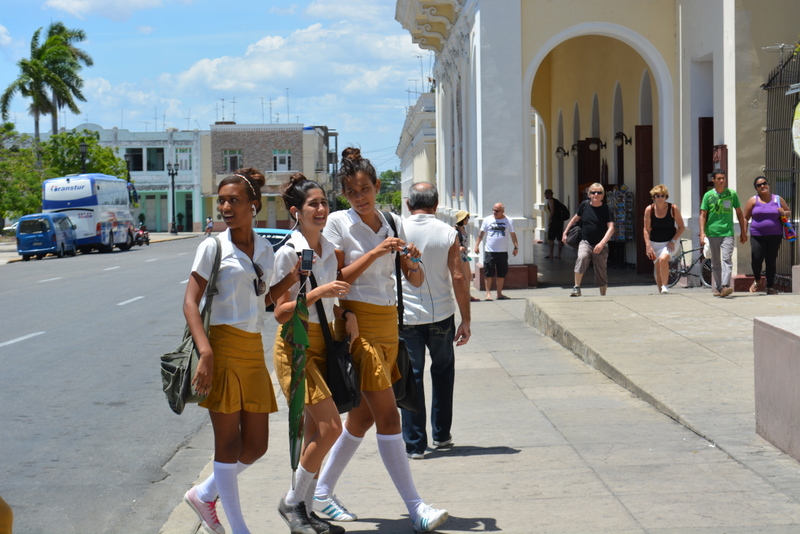

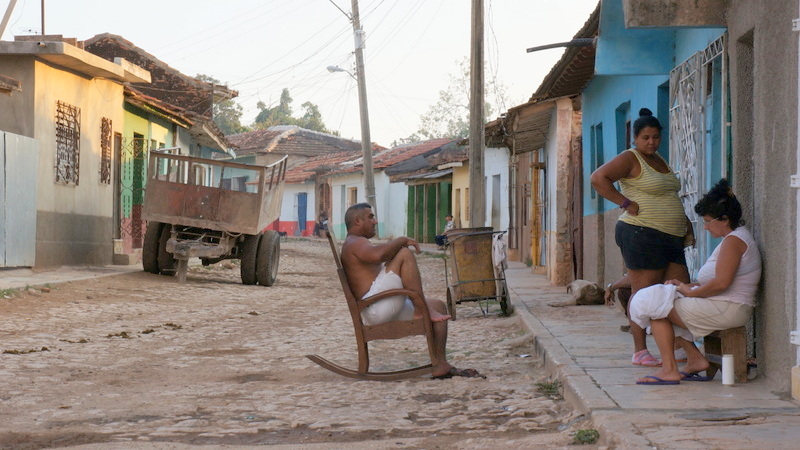
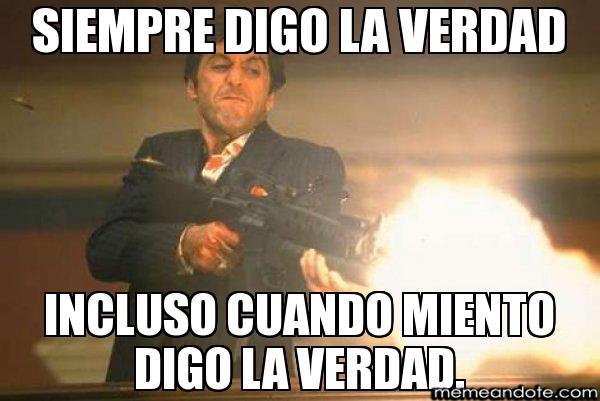
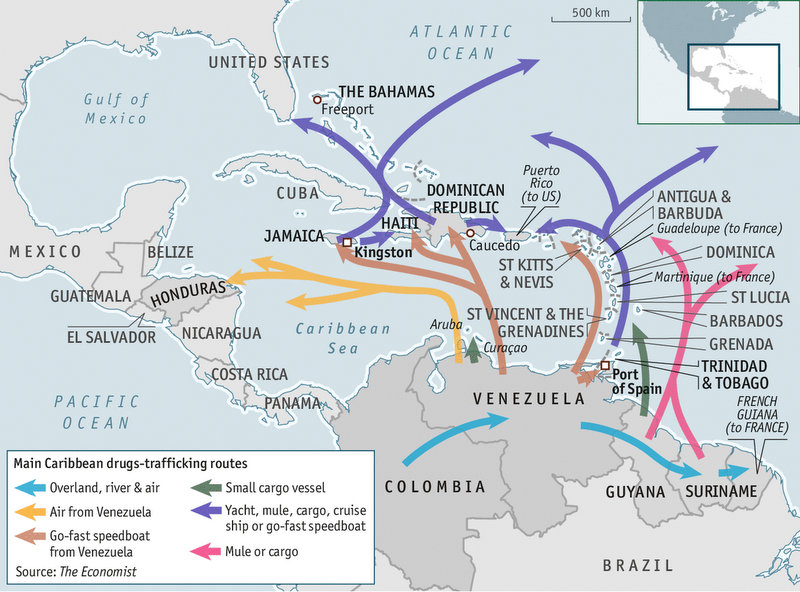
Being the age I am, I remember some of the awful human rights violations made by Castro. I was thirteen years old when the world faced the Cuban Missile Crisis. Tom just met a pilot whose father was made to work in the sugar cane fields for two years, away from his family. Castro had sent soldiers to ask the citizens who wanted to go to the USA, this man said he did. A truck arrived, took him into the fields and kept him there. Ultimately, he did get to travel to the USA. He was taken to NYC speaking no English, had no money, and knew no one. He was able to survive, marry, have a family, make a nice life for them, and teach his children the importance of a freedom. To this day, he can’t figure out why people won’t work for their lively hood and want to take government handouts. Not a fan of Castro nor his communist/socialist beliefs.
Regarding the missile crisis, Cuban ran to the USSR for support after the US invaded Cuba in attempt to assinant Castro & overthrow his gov’t, and put another corrupt puppet government in power. Who is could they have turned to for protection from an imperialist bully 90 miles away? Yea, Castro’s his human rights record has been questionable for sure – its I think it’s because he’s worried about the Cubans’ exposure to pro-American information & sparking a counter-revolution within the country.
That’s actually prob what happened to Tom’s friend’s father. He was effectively “taught a lesson”, and then deported to the US to “eliminate the threat.” Definitely sketchy & inhuman practices but Castro doesn’t trust any US actions or motives, so he takes extremes to limit their influence.
I don’t agree with much that he has done either Becky, but my trip to Cuba has helped me understand why he took certain drastic steps to protect his system and country. Thanks for your thoughtful comment!
Ford, what a great experience!!!!! I went to Cuba in 1991. We were maybe the first group to be allowed into the country from the U.S. I fell in love with the people I met. When I got back and tried to describe my experience to Cathy and the girls I could only cry lme a baby!!!!! If you ever get back to Toccoa I would like very much to share experiences. God bless you, my friend!!!! Roy
I know the experience Roy. I cried multiple times when I was over there, seeing all of the repercussions first hand of what the trade embargo has done to Cuba. It’s hard to describe, but impossible to forget. Would love to catch up with you soon – contact my dad!
Yet another great read . I really enjoy your site Ford
Thanks Jason. Keep reading along!
Pingback: Using Travel to Alter Stereotypes - The Potomac Reporter
Pingback: What is Cuba Really Like? True Stereotypes of Cuba - Where's the Gringo?
Great article Ford! It’s always nice to read more people writing about positive experiences in Cuba and showing the world that this is an incredible country to visit with a rich history. Sure there are different sides to the story, and it’s easy to criticize Fidel and Cuba for their past, but you can’t deny the country was backed into a corner. Even to this day they wear the affects of the economic sanctions imposed by the US that impacts their trade agreements, yet they’ve managed to provide so much in terms of education and healthcare to its citizens.
Anyway without getting too political, great post and keep promoting Cuba! Can’t wait to get back!
Thanks for reading & commenting Jules! How could I not sing the praises of this amazing place! It wasn’t just another country for me, but truly an experience that changed me and how I think. You can imagine how impactful it is for an American – did your girlfriend ever get emotional? Cause I know I sure did.
Like you said, don’t want to get too political here, but I sure hope things continue to improve between our two countries. The hard part will be reforming the outdated & outrageous policies, while preserving their rich culture & accomplishments of the Revolution.
Now that I have experienced Cuba first hand, this is a very interesting read. Much of it is dead on, however the “Cubans live in poverty” part is definitely not what we experienced and discussed in great detail with many people. I do agree, there are very few homeless, but poor is the general state of the populis. The average income is about $20/month, granted that goes further in peso national, but there is a reason their black market is thriving, and many people do everything they can to receive kick backs from taking tourists places, referring them to places, introducing them to people etc. A great and very unfortunate example is, we got a manicure and pedicure for the total cost of $1 which was performed by an accountant with a four year degree, because she makes more money doing nails. We visited a few local residence (not casa particulars– which are basically upper middle class Cubans) and I’d be hard pressed to say they weren’t struggling. Many people filled bath tubs with water, because consistent water flowing through pipes just doesn’t happen. Food is a challenge for many as well, although that has greatly improved in the last few years. The people from Cuba are no doubt resourceful, and have done a great job with what they have. I hope the future helps to bring even more to them. Except reggeton.. They already have plenty of that 🙂
Charlotte – I agree with you that Cubans don’t have a lot, but I stand by my claim that they don’t live in extreme poverty. By many first world standards, Cubans are “poor,” however there is a difference between being poor and living in poverty. You don’t see Cubans living in cardboard boxes on the street. You don’t see Cubans digging through the trash to find a half-eaten corncob. I’m sure somewhere in Cuba that could exist, but you just don’t see things like that in common Cuban life. Ok, so some Cubans store water in their bathtub. That sounds like bad plumbing to me, not extreme poverty. At least they have drinkable water.
The average salary of the Cuban, well-educated or not, and their lack of products are travesties that must change. I, like you, share optimism that it will! But about that reggaeton, I don’t think that will ever change 🙂
Pingback: Incredibly Detailed One Month Itinerary for Cuba - Hippie In Heels
Pingback: Radical Democracy? – Hola